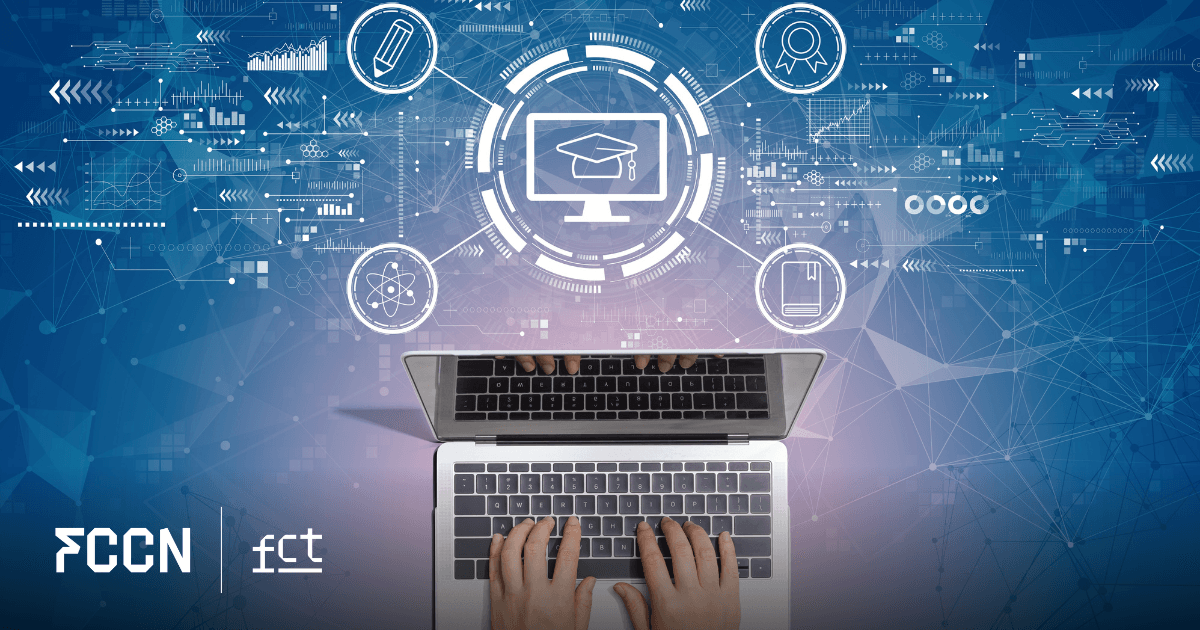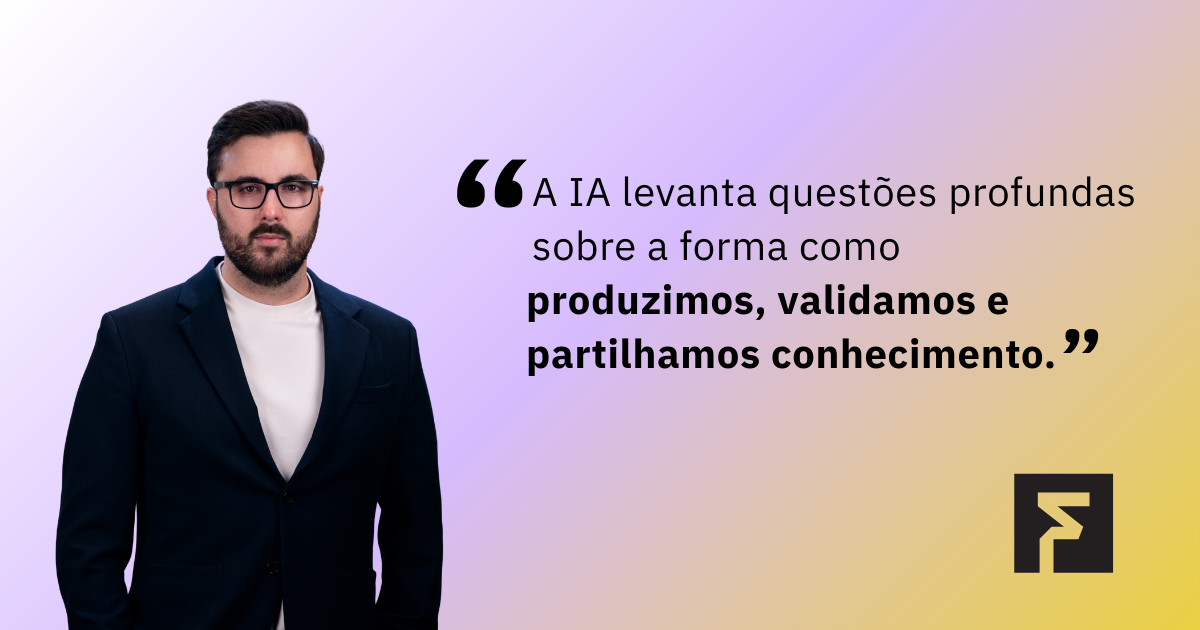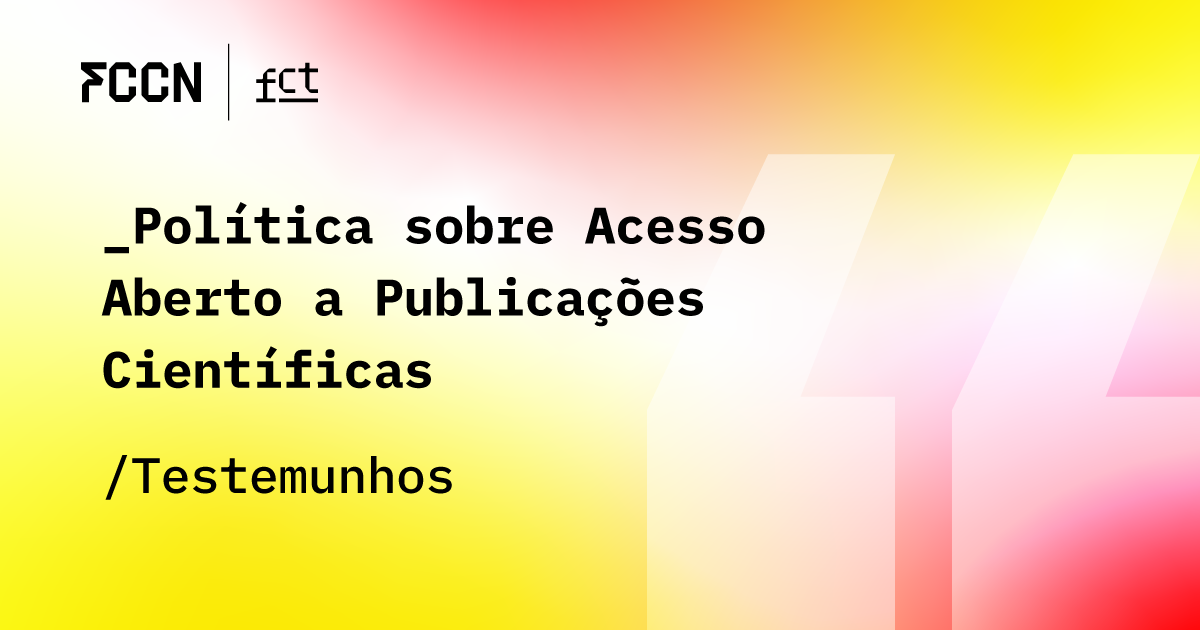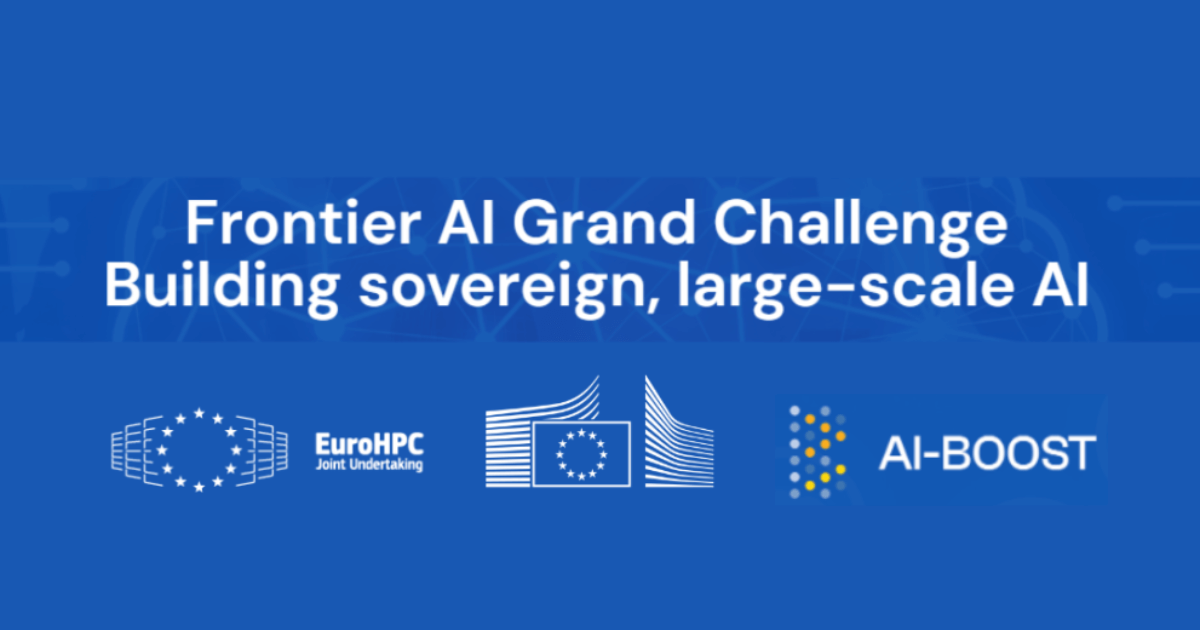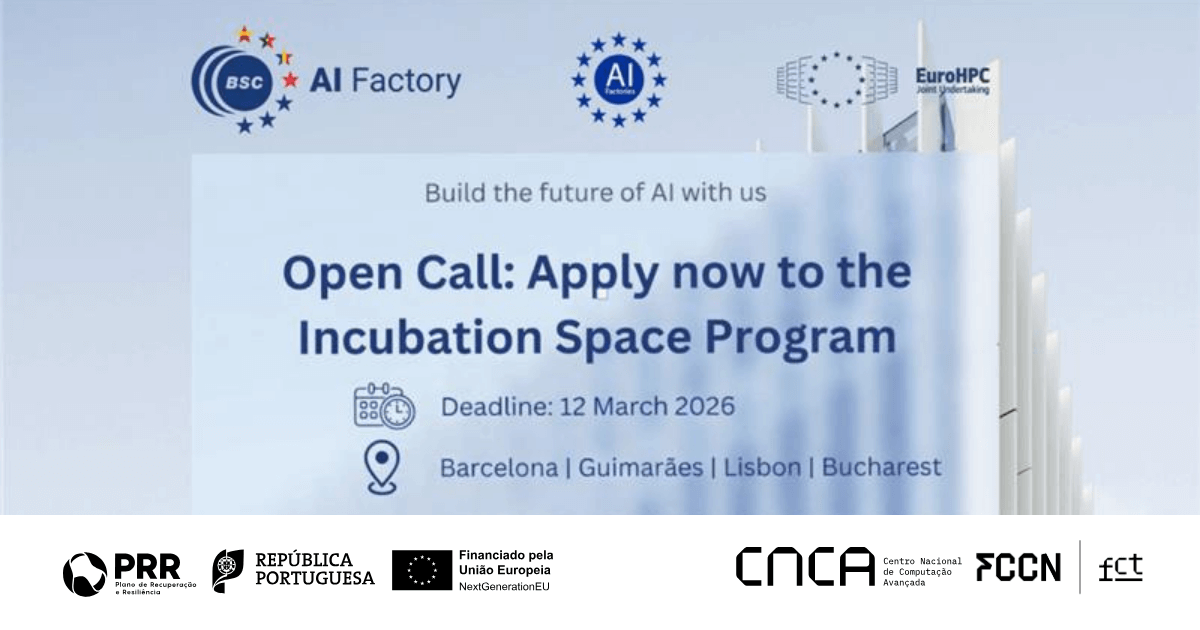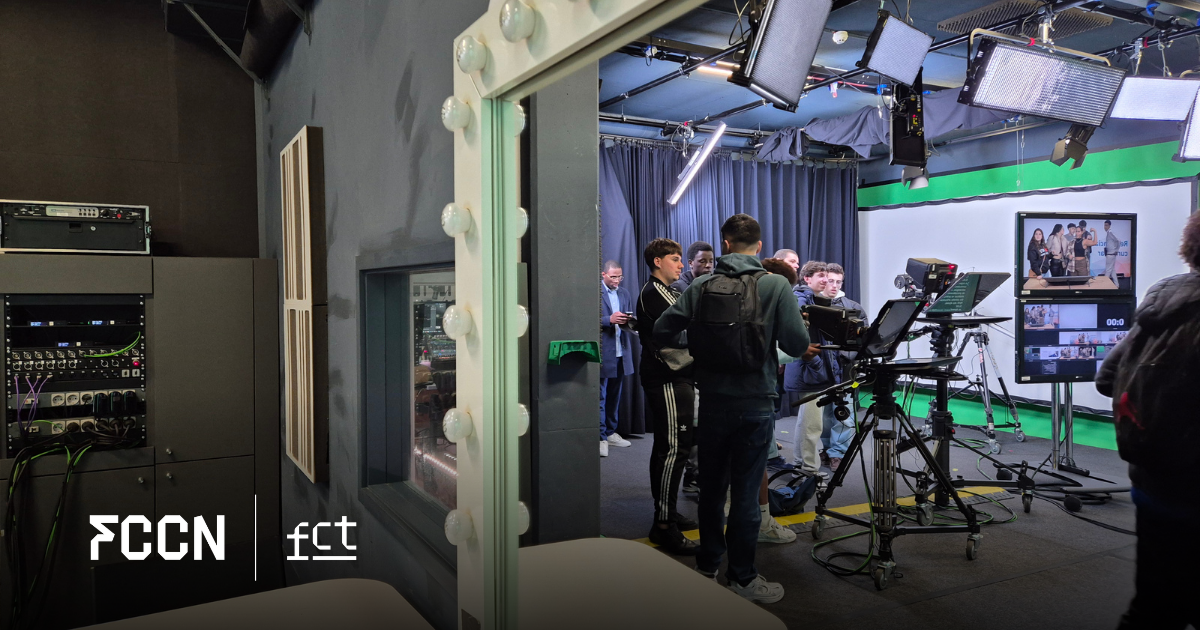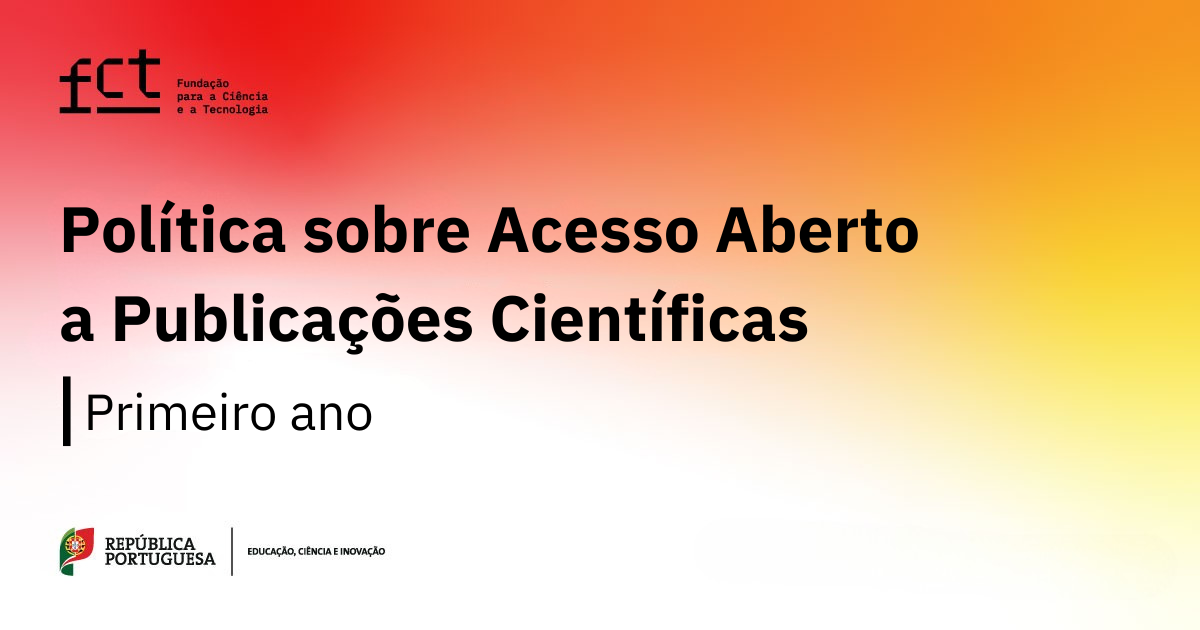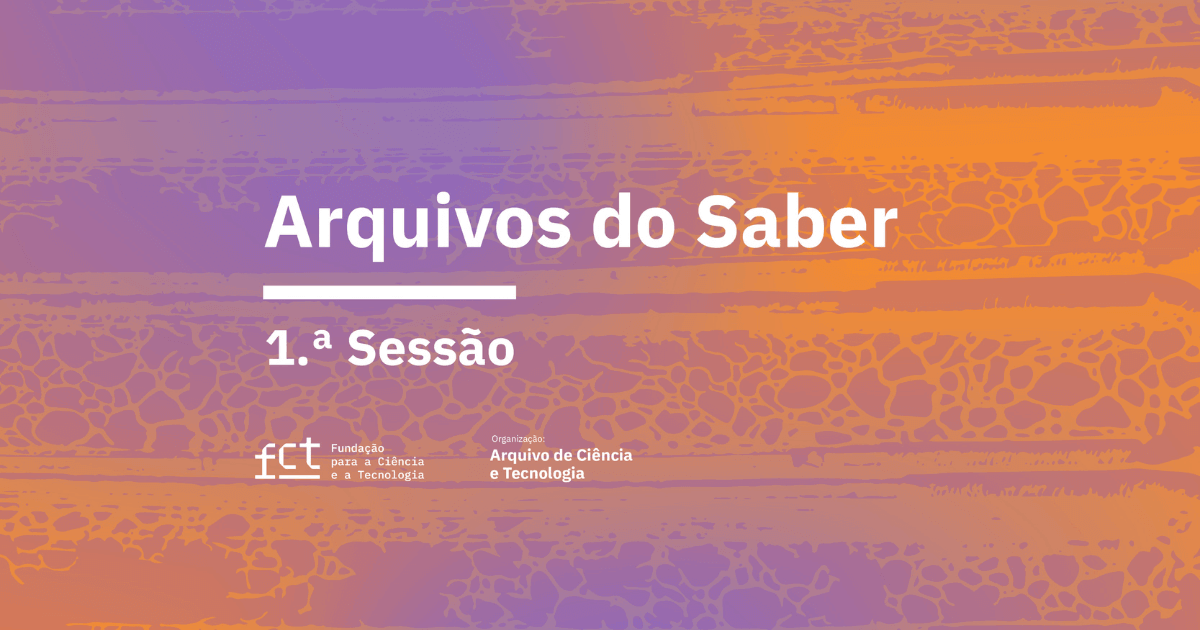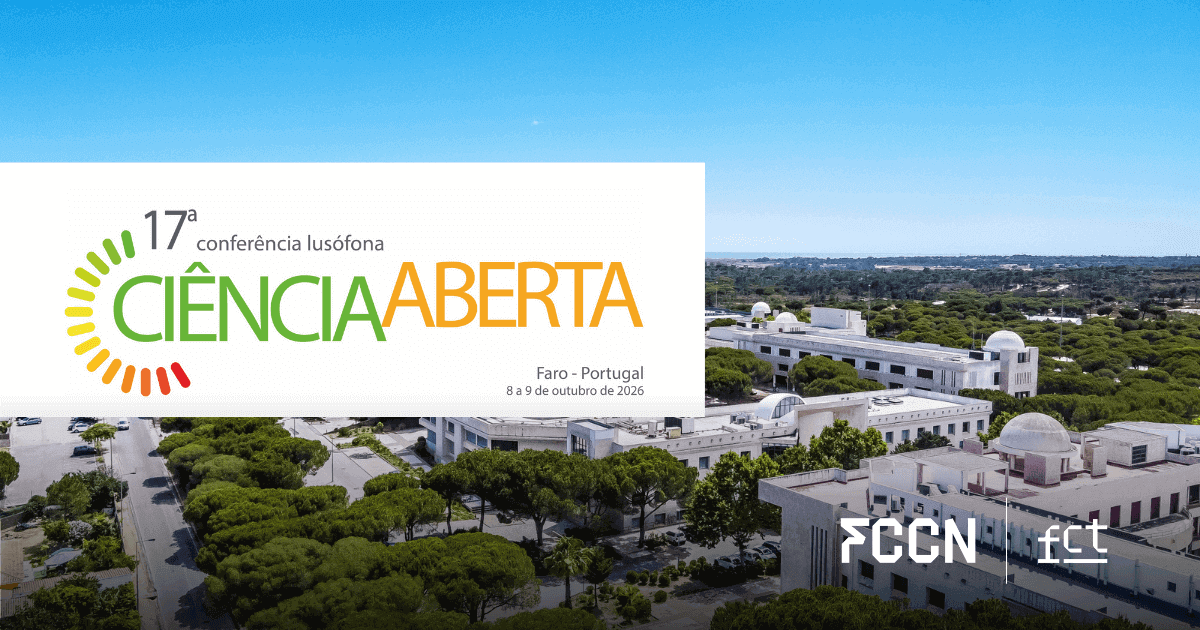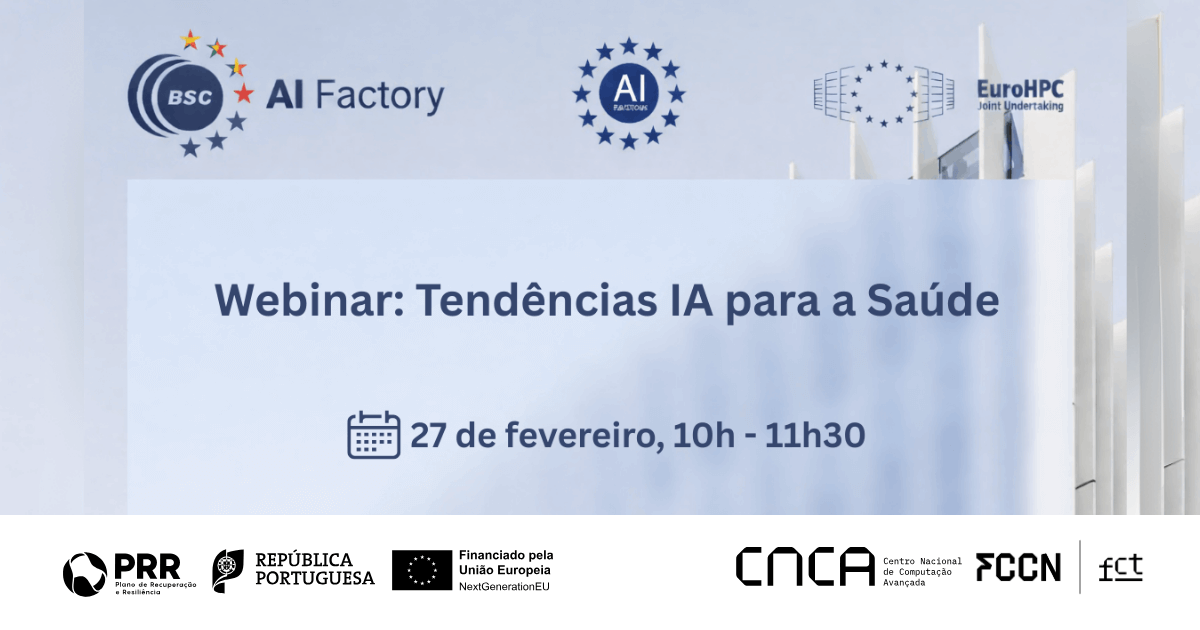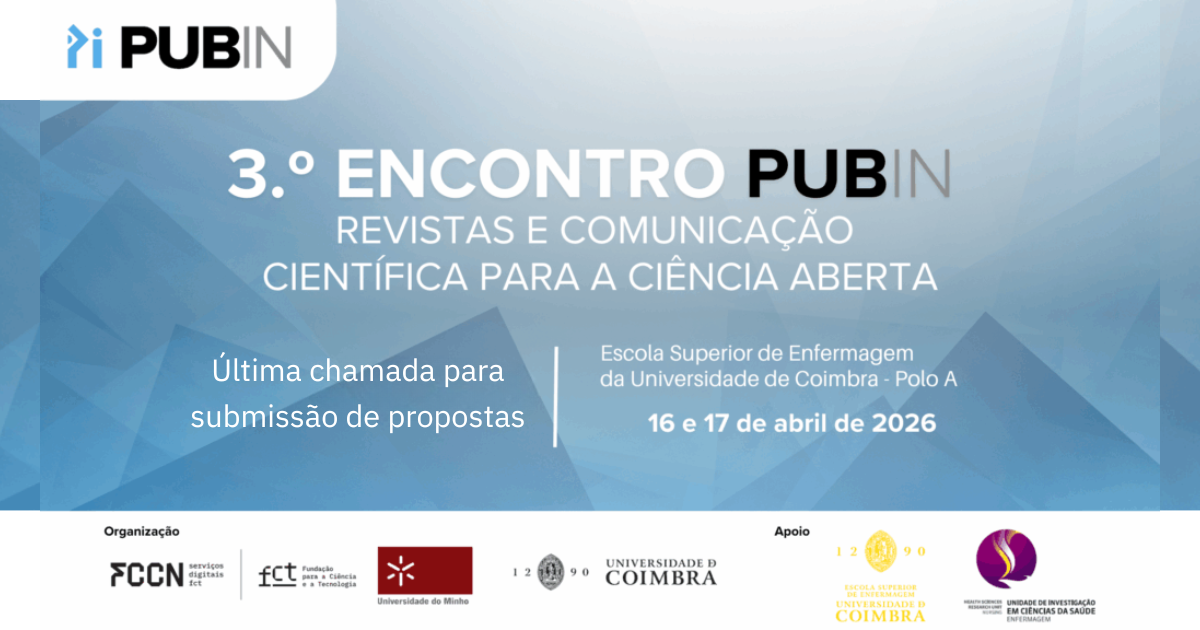Entering higher education brings new challenges for thousands of young people who begin their studies in September at one of the dozens of universities or polytechnic institutes spread across the country. At this time, students are expected to be even more connected to the online world, making it essential for them to have access to digital resources and platforms that help them learn, research, collaborate, and communicate.
FCCN, the digital services unit of the Foundation for Science and Technology, is responsible for more than 20 solutions that support the academic and scientific community in this area, putting technology at the service of knowledge. The resources it provides are easily and quickly accessible through its federated authentication, which allows students, teachers and teams from Higher Education and Research institutions to use them using only their institutional credentials.
Always be connected, without needing a click
Today, studying in Higher Education also means being always connected. eduroam, FCT service, developed by FCCN, guarantees secure connectivity at thousands of Wi-Fi hotspots in Portugal and in more than 100 countries, ensuring that students can study, research, or communicate anywhere.
This allows students to automatically have internet access as soon as they enter their university's campus, and the same happens when they go to other institutions: with the same login, internet access throughout the country's higher education system.
Borderless collaboration
Collaboration in Higher Education is also one of FCCN's strategic areas. Within this theme, it provides students with FileSender, digital service that allows you to share large files quickly and securely, through link of the transfer or by e-mail. These are available for 30 days, facilitating group work and collaborative research, and also helping students share their academic work with peers or teachers.
THE Videocast is another solution targeted at this audience, allowing live event broadcasts, reaching audiences anywhere in the world. With this digital service, conferences, lectures, seminars, or presentations can be shared in real time, with high-quality image and sound. The broadcast can also combine a real-time chat, bringing students and faculty closer together, without geographical limitations.
Knowledge beyond classes
The FCCN guarantees open access to knowledge tools that are available to the entire educational community. Among these, online knowledge library B-on, which allows students to access millions of scientific articles and ebooks international references. By providing articles from leading publishers and reference publications, it offers a reliable starting point for students to carry out their academic work and support their projects.
Also allied to open access, the RCAAP brings together the repositories of Portuguese Higher Education institutions in a single location, covering all areas of knowledge.
Higher Education students also have access to the Educast, a platform that allows teachers and students to record and share classes and other moments, which they can access and review later, making studying easier. On the other hand, the Arquivo.pt, preserves digital web content that no longer exists or is discontinued, becoming a valuable source for research and collective memory during the academic phase.
If you want to deepen your knowledge in your field of study or enter a new one, the platform NAU opens doors to massive online courses (MOOCs), which promote continuous learning at the student's pace.
Elevate projects with supercomputing
It may not be a goal for the first year of higher education, but research is an option chosen by many students later in life. At that point, they can apply for Design Competition Advanced Computing, that provides access to high-performance resources. These tools facilitate the development of innovative, large-scale projects, strengthening their scientific and technological capabilities.
By providing these and other digital services, FCCN supports students returning to school and contributes to a more connected, collaborative, innovative, and inclusive higher education system, centered on digital technologies.
